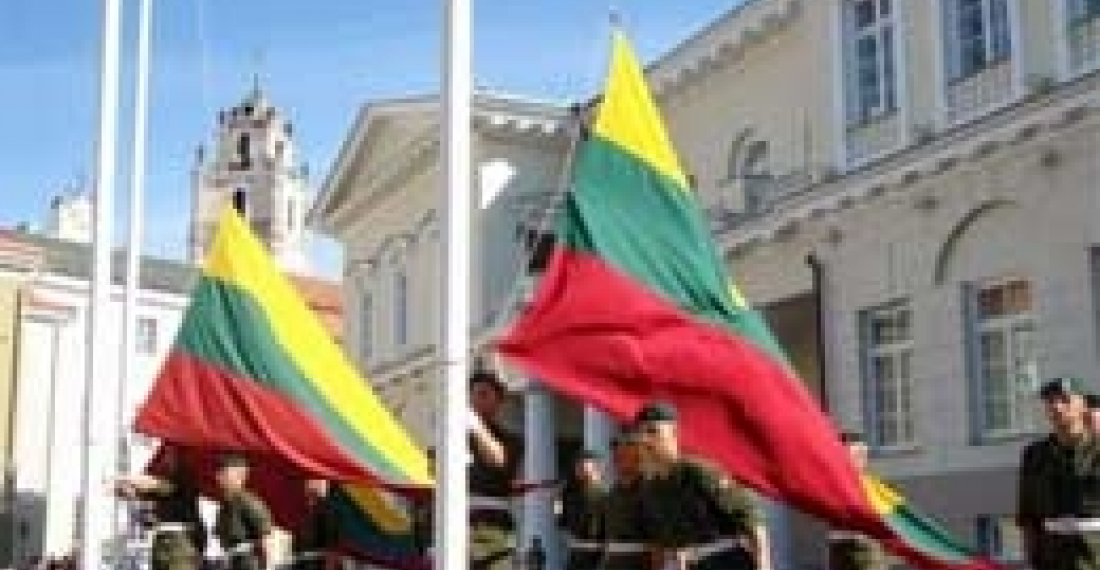During a meeting with Azerbaijani Defense Minister Safar Abiyev, Lithuanian Defense Minister Rasa Jukneviciene said in Baku that she considers the glorification of murderer Ramil Safarov unacceptable. The Lithuanian media outlets report that Jukneviciene clearly expressed Lithuania's concern over Safarov's pardoning. She thinks that the murderer cannot be glorified. This undermines the atmosphere of confidence in the region and has a negative impact on the Karabakh peace process.
Jukneviciene also pointed out that such issues should not affect Lithuania's relations with the South Caucasus countries. She added that the peace in the South Caucasus meets the interests of Lithuania. She stressed that the dialogue on Safarov was to take place and it took place. One should look ahead and correct the mistakes made, she said.
Lithuanian Defense Minister talks to her Azeri counterpart on pardoning and glorification of murderer Safarov
Lithuanian Defense Minister talks to her Azeri counterpart on pardoning and glorification of murderer Safarov







